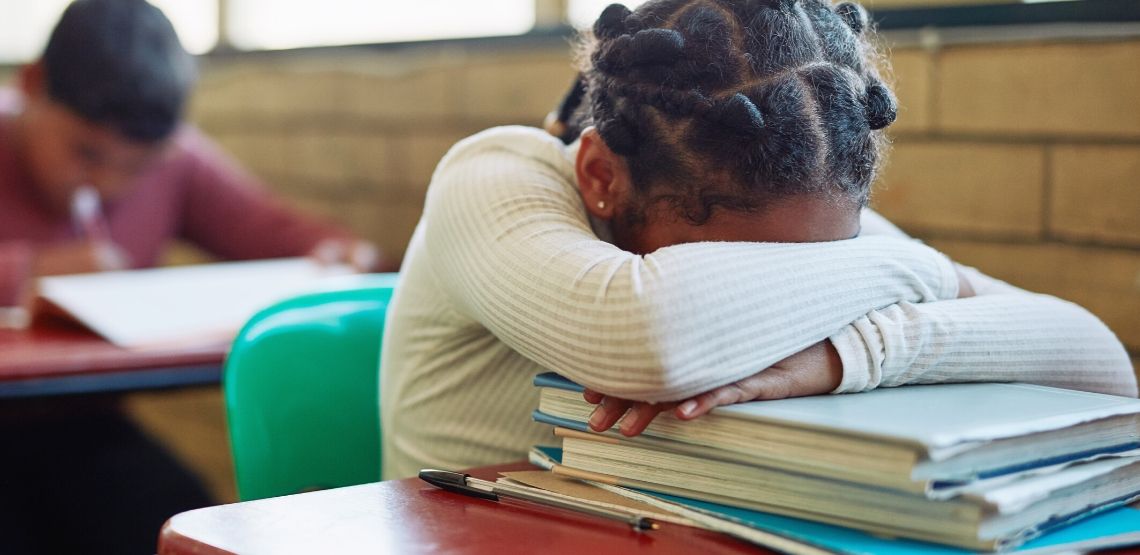ADHD Symptoms in Kids
Is your child inattentive or disruptive in school and at home? When your child has untreated ADHD, they are either inattentive or disruptive, but ADHD symptoms in kids can vary.
If your child does have ADHD, the best thing you can do is get them a diagnosis so they can be treated. The purpose of this article is to help you spot five symptoms of ADHD your child might be showing so you can decide if they should be evaluated for a diagnosis.
Knowing The Symptoms
Keep in mind, ADHD affects every child differently. ADHD shares symptoms with other disorders like anxiety disorder and oppositional defiant disorder.
Behavior Problems at School or Home
Problems at school are the most common sign of ADHD in children. Does your child’s teacher complain to you about your child’s behavior? It could be untreated ADHD.
If your child has ADHD, the following might describe him or her:
- Gets angry easily and retaliates often.
- To your child, it is the end of the world if he or she does not get their way.
- Has little to no patience.
- Gets in trouble daily.
- Has trouble holding attention on tasks or play activities.
- Does not seem to listen when spoken to.
- Does not follow through on instructions and fails to finish schoolwork and chores.
- Has trouble organizing tasks and activities.
- Avoids, dislikes, or is reluctant to do tasks that require mental effort over a long period of time (such as schoolwork or homework).
- Is easily distracted.
- Is forgetful in daily activities.
Academic Problems
The behavior problems of ADHD are usually caused or followed by academic problems such as:
- Receiving extra learning help. Kids with ADHD may have a more difficult time focusing, so they made need extra help with learning things.
- Never completing assignments on time.
- Performing better on untimed tests versus timed tests.
- Taking longer than expected to complete assignments. (You may see this firsthand when they do their homework at home with you.)
- Not listening to the teacher.
- Not remembering what the teacher said.
- Reading too fast. They may skim material rather than reading it word by word.
- Asking to skip school.
- Focusing on one specific part of academics, while ignoring everything else, such as reading the entire day.
- Failing to give close attention to details or makes careless mistakes in schoolwork.
Related Search Topics (Ads)
When Bored, Your Child Misbehaves
Dopamine is a chemical in the brain released when an activity is being enjoyed. When you are bored, there is little to none active in your brain.
It can also be released when experiencing challenges, something of urgency, something inspiring or something interesting.
When your child’s dopamine is running low and they do not find something interesting, they can easily get distracted, quit whatever they are doing, or take longer to complete a task. To someone who has ADHD, dopamine is the equivalent of gasoline in a car.
Here is a list of dopamine generating behavior people with ADHD are known for:
- Jumping into water, deep or shallow, even if they know they cannot swim.
- Running into traffic
- Stealing despite knowing it is wrong.
- Exploring in places they should not be exploring, especially exploring where it is dangerous. Abandoned buildings, stores, construction sites, parts of school they do not see often.
- Climbing things.
Lack of Friendships
Children who have ADHD tend to get into trouble a lot. Sometimes these behaviors can make it difficult for other people, such as classmates, to communicate with them, which can lead to social awkwardness. Learning the ins and outs of social skills can also become more of a challenge due to this, but it is not impossible. It may just take more time.
Therefore, treating ADHD at an early age is important. Having friends can lead to great self-esteem and overall happiness.
A Risk Taker
Some children with ADHD could experience impulse issues, putting them into risky situations. It is important to know that these risks produce dopamine in your child’s brain, which is what ADHD feeds off.
The risky behaviors children with ADHD are known for:
- Trying to drive despite being too young.
- Household stunts best left to professionals.
- Climbing trees, roofs, the outside part of slides at playgrounds and parks.
- Lying.
- Stealing.
Treat ADHD Before it is Too Late
Not treating ADHD early enough will permanently damage your child’s development.
If you suspect your child has ADHD, take them to see a professional who specializes in ADHD.


